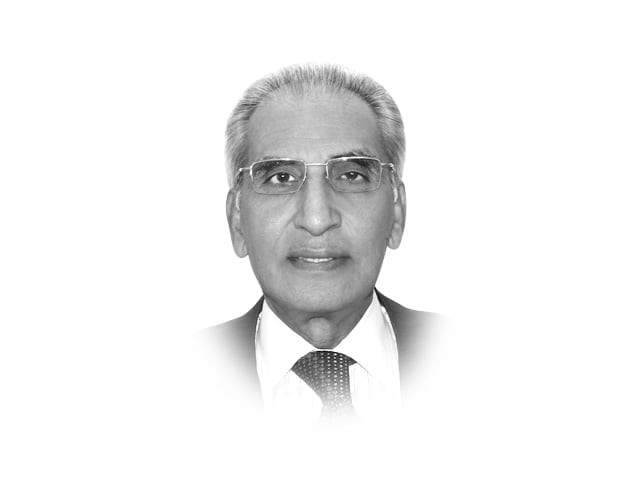US election: too close to call
With backgrounds, life experiences as different as chalk and cheese, the 2 candidates represent 2 conflicting views.

US election: too close to call
The race, however, remains too close to call, with both candidates dashing to critical areas to shore up support. The result could go either way, with even the most reputable analyst unsure of how the undecided would react once inside the polling booth, leaving us with no option but to speculate on what these two candidates are likely to bring into the White House.
There is little mystery about what four more years of Barack Obama’s presidency would do. A man of honour, his has been an administration free of scandals. While a disappointment at home and abroad, he has demonstrated intelligence and realism to appreciate that neither can the US pursue unilateral policies reminiscent of his predecessor nor is the world willing to countenance such an approach. He acknowledges that the US is now a status quo power that needs to focus on domestic issues. Moreover, he did end the Iraq war, set a date for applying closure to the Afghan conflict and held off Benjamin Netanyahu’s and his ardent supporters’ pressure for a carte blanche to Israel to launch an armed attack on Iran’s nuclear facilities. At home, he persevered with efforts to improve the lot of the middle class with social programmes, reaching out to the Republicans to create a bipartisan consensus on domestic issues. He was also deeply interested in issues such as energy conservation, environment protection and immigrant rights.
Mitt Romney’s background, life experience and political philosophy make him out to be diametrically different from President Obama. On foreign policy, he has tried to sound moderate recently because that is the mood of the country and because there is near consensus among Americans “on what to do or not do in the complex, cruel and opportunity-less world”. Romney, nevertheless, continues to cling to the belief that the US is still the world’s sole superpower that can continue to ride rough shod on the rights and privileges of other states.
During the presidential debates, Romney did better than expected, particularly in the first encounter when he took advantage of an overconfident, unfocused and disinterested President Obama, giving his candidature the conviction and credibility that it had lacked. His stand on major foreign policy issues also demonstrated an intelligent shift away from hawkish, belligerent postures advocated by his advisers — many of whom are veterans from the George Bush administrations. He, however, wisely adopted a nuanced approach, not hesitating to endorse the president’s policies, whether on Afghanistan or Pakistan, or the use of drones. On an explosive issue such as Iran’s nuclear programme, Romney appeared to agree with the need to keep ratcheting up diplomatic pressure, while intensifying sanctions to dissuade Iran from pursuing the nuclear weapon option. He even chose not to raise the issue of the attack on the US consulate in Benghazi, which resulted in the death of US Ambassador Christopher Stevens — an issue about which Romney and his people had raised a storm of protest, accusing the Obama Administration of failing to ensure adequate security for the mission and then being less than truthful about the incident.
It is, however, on the domestic front that a Romney administration would have the most lasting impact, particularly on the lives and livelihood of millions in the middle and poor classes, especially with his appointments to the Supreme Court. The immigrants and women may feel the difference the most. The military budget would increase, healthcare reform severely modified, environment and climate control issues ignored, while the rich would see top tax rates come down from 35 per cent to 28 per cent. With backgrounds and life experiences as different as chalk and cheese, the two candidates represent two conflicting views, two different philosophies.
Published in The Express Tribune, November 6th, 2012.















COMMENTS
Comments are moderated and generally will be posted if they are on-topic and not abusive.
For more information, please see our Comments FAQ